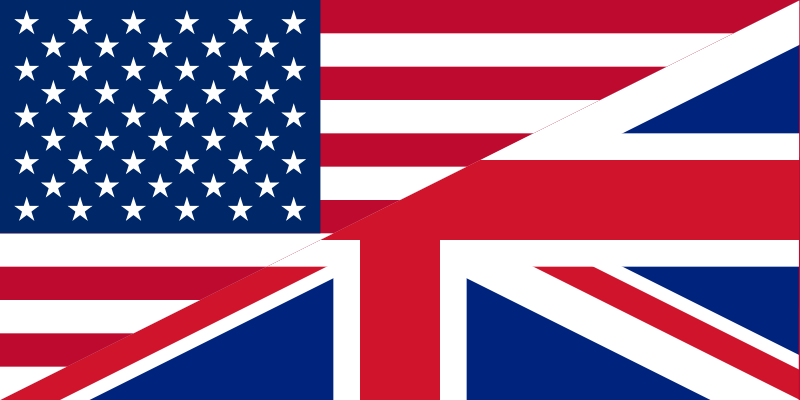From Payday Advance Loan To Pawnshops: Fringe Banking, The Unbanked, And Fitness
- Jerzy Eisenberg-Guyot ([email covered]) try a PhD beginner in the Department of Epidemiology, class of people Health, in the University of Washington, in Seattle.
- Caislin Firth is actually a PhD college student during the division of Epidemiology, college of Public wellness, on University of Arizona.
- Marieka Klawitter are a professor at the Daniel J. Evans School of Public plan and Governance, college of Washington.
- Anjum Hajat try an assistant teacher when you look at the office of Epidemiology, college of people fitness, at the institution of Washington.
Abstract
The edge banking industry, including payday loan providers and check cashers, had been nearly nonexistent three many years before. Nowadays it creates tens of huge amounts of dollars in yearly revenue. A’s growth expidited during the 1980s with financial deregulation and also the working-class’s declining tools. With present society research facts, we utilized propensity rating coordinating to analyze the connection between perimeter mortgage utilize, unbanked standing, and self-rated wellness, hypothesizing the material and tension effects of experience of these financial services could be bad for wellness. We found that fringe loan need was associated with 38 percent higher prevalence of bad or reasonable health, while becoming unbanked (lacking your own bank-account) was involving 17 percent larger prevalence. Although multiple procedures could mitigate the health consequences among these exposures, growing social welfare applications and labor protections would tackle the main factors that cause the application of perimeter providers and advance wellness assets.
- Financial load
- Low income
- Fitness effects
- Worry
- Degree
The perimeter banking market include payday loan providers, which offer visitors brief debts pending their own after that paychecks; pawnbrokers, which pick customers’ house and enable these to repurchase it later on at a higher cost; car-title lenders, which hold visitors’ titles as guarantee for temporary financing; and check cashers, which earnings checks for a charge. 1 In the united states, the industry keeps burgeoned in recent years. The payday financing field, which started in early 1990s, 2 lengthened $10 billion in credit score rating in 2001 and $48 billion last year. 3 The check cashing field, that was nearly nonexistent ahead of the mid-1970s, 4 got $58 billion in purchases this year. 3 Similar development enjoys took place the pawnbroker 4 and car-title financing 5 sectors. This progress parallels the expansion of financing through charge cards, student loans, and mortgage loans. 6 about eve from the big economic downturn in 2007, typical US home obligations peaked at 125 percent of yearly disposable private money, up from 60 percent in 1980. 7
Fringe borrowing from the bank is pricey, and credit score rating inspections commonly are not needed. https://pdqtitleloans.com/title-loans-va/ 5 Short-term fringe financing can carry yearly portion rates (APRs) of 400a€“600 percentage. 5 Although the debts tend to be advertised as single emergency financial loans, consumers frequently remove several financial loans annually and hardly ever release the bills rapidly. 8 , 9 the typical payday borrower try indebted for five period and will pay $520 in charges and interest for loans averaging $375. 8 one out of five car-title individuals have their particular car snatched because of default. 9
Background
Growth in the perimeter financial field lead from several issue. 10 from the 70s, political, economic, and regulating forces set pressure on claims to loosen interest-rate limits. National monetary coverage to manage inflation enhanced long-term industrial rates of interest, and the large costs of funds generated functioning within state interest-rate caps difficult for finance companies as well as other loan providers. Most states altered their unique caps or provided exemptions for many loan providers. In addition to that, a 1978 Supreme judge decision diminished condition power over credit by permitting federally chartered banking institutions to recharge visitors in other states their home-state rates of interest. Later, state-chartered banking companies effectively lobbied Congress for similar export legal rights, and claims compromised rates caps to attract companies.

